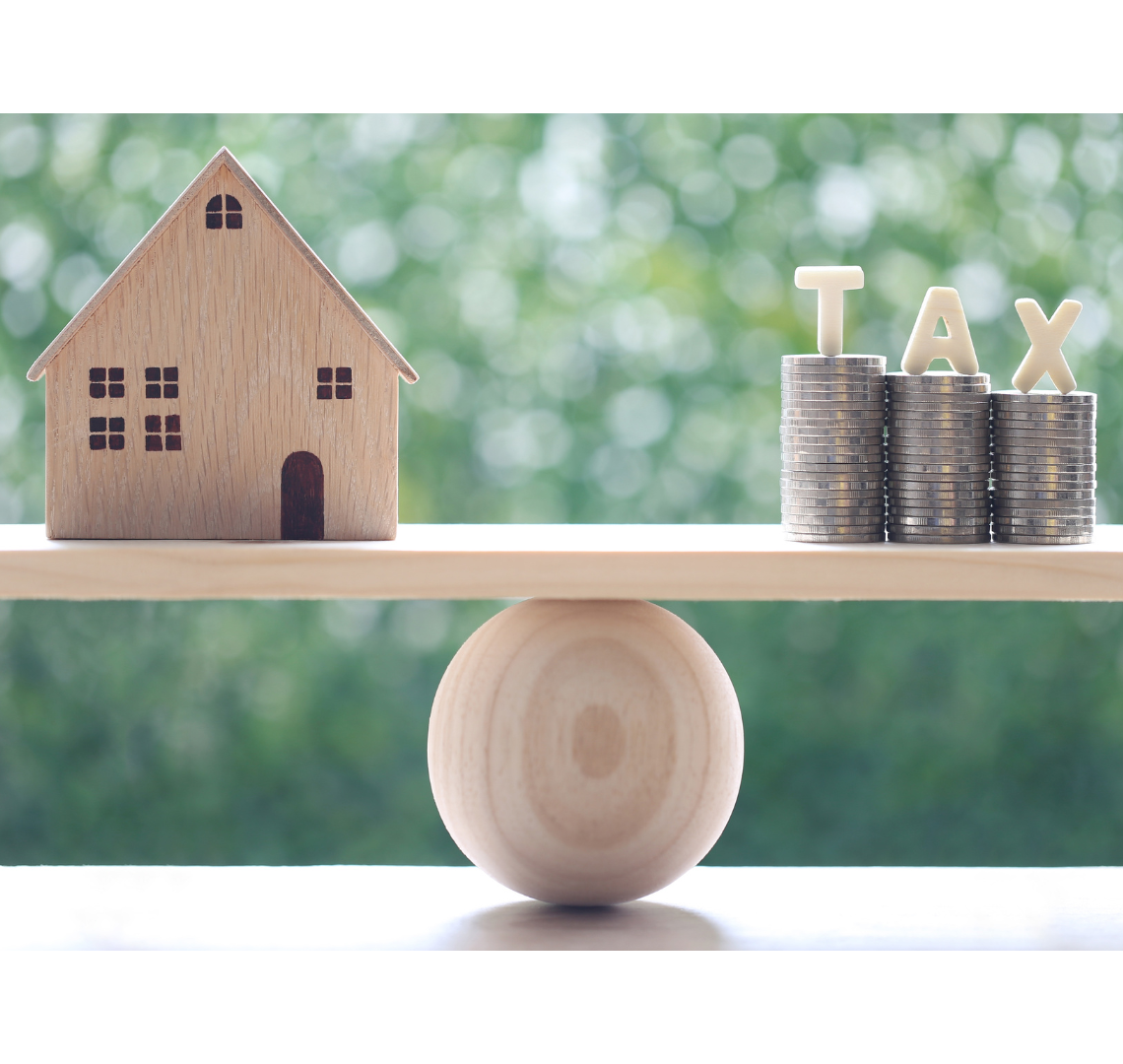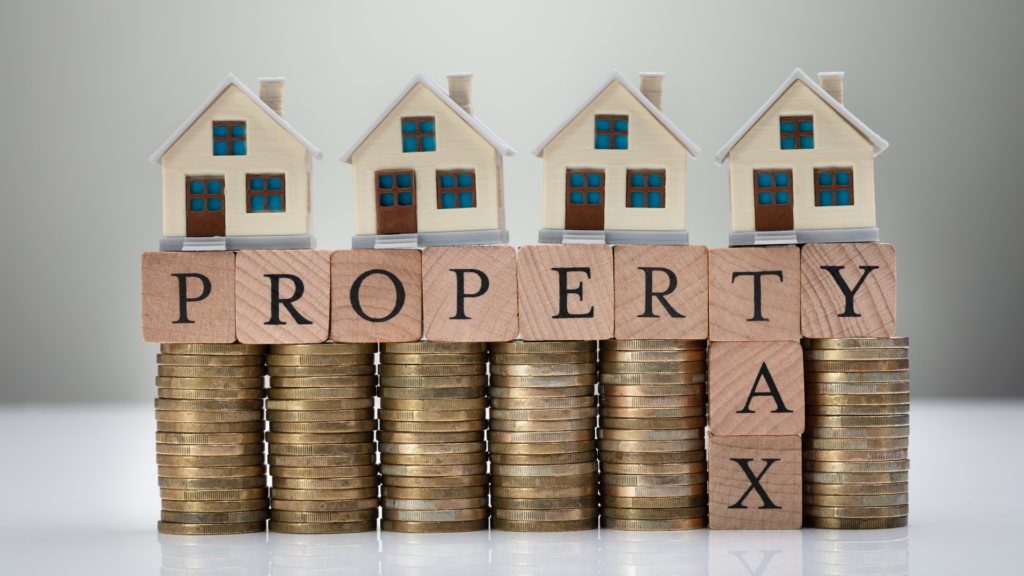
Can I Get A Hawaii Property Tax Exemption?
Congratulations! You’ve purchased a home in paradise—Hawai’i. As you settle into your new home, you might be wondering, Can I save on property taxes? The answer is yes! Hawai’i offers property tax exemptions that can significantly lighten your financial load. However, there are specific rules and guidelines you’ll need to follow. Let’s explore these tax breaks and what they mean for you as a homeowner.
2024-2025 Hawaii Real Property Tax Rates

“Hawaii’s home exemption law dates back to 1896, introduced by the Republic of Hawaii to promote homeownership and encourage settlement. The original exemption was a modest $300, but it set the stage for ongoing efforts to make property ownership more accessible for residents. Fast forward to today, and the exemption amounts have grown substantially to provide even more meaningful relief.”
Hawaii’s property tax rates vary based on how you use your property. Whether you’re an owner-occupant, an investor, or a second-home owner, the rates will differ. Additionally, the zoning of your property plays a role.
Want to know exactly how these rates apply to your property? Feel free to reach out—I’d be happy to help you uncover the tax advantages of homeownership in Hawaii.
Hawaii Home Ownership Exemption

“In 2005, an additional exemption of 20% of the assessed value of property not to exceed $100,000 was also enacted.”
Basic Home Exemption for Homeowners:
Under age of 60: the exemption amount is $50,000
Age 60-64: the exemption amount is $85,000
- Age 65-69: the exemption amount is $90,000
Age 70-74: the exemption amount is $105,000
Age 75-79: the exemption amount is $110,000
- Age 80 and older: the exemption amount is $125,000
*with age calculated as of January 1, the date of the assessment.
An additional exemption of 20% of the assessed value of the property not to exceed $100,000.

“You own and occupy the property as your principal home for more than 200 calendar days of a calendar year.”
Who Qualifies For the Home Exemption?
You are eligible for the home exemption if:
1. You own and occupy the property as your principal home for more than 200 calendar days of a calendar year. The term “principal home” is defined as the place where an individual has a true, fixed, permanent home and principal establishment and to which place the individual has whenever absent, the intention of returning. It is the place in which a person has voluntarily fixed habitation, not for mere special, temporary or vacation purposes, but with the intention of making a permanent home.
The four elements that are necessary for real property to be considered a “principal home” are:
The owner has no other home exemption or principal home in any other jurisdiction;
The owner maintains the principal home within the County;
The owner’s actual physical occupancy of the principal home within the County; and
The owner has filed a Hawai‘i state income tax return as a full time resident for each fiscal year that the exemption is sought or has filed a conditional waiver of this requirement.
If any portion of the property is utilized as a rental of less than 180 days, it will result in the disallowance of the Homeowner tax class (rate) and the 3% cap).
2. The ownership of your property is recorded at the Bureau of Conveyances on or before December 31 preceding the tax year for which the exemption is claimed or by June 30. All leases must be for a term of ten years or more and recorded at the Bureau of Conveyances in order for the lessee to qualify for the home exemption.
In the case of a lease of Hawaiian homestead land, either lessee and/or spouse shall be entitled to the home exemption. Proof of marriage must be submitted for the non-Hawaiian spouse claiming the home exemption.
3. You file a claim for home exemption,. RP Form 19-71, with the Real Property Tax Office on or before Dec. 31 preceding the tax year for the first half payment or June 30 for the second half payment.
4. You have filed a State of Hawai‘i Resident Income Tax Return (N11) within the last 12 months or have requested a waiver from this requirement for one of the following reasons: You are a new resident to the State of Hawai‘i and will file a State of Hawai‘i Resident Income Tax Return (N-11) within the next 12 months or You are not required to file under State of Hawai‘i Income Tax Law and not required to file income tax in any other jurisdiction other than at the U.S. Federal level and understand that you are required to refile this waiver every three (3) years.
Single Home Exemption
The law allows just one home exemption for any taxpayer in any jurisdiction (i.e., the taxpayer has no other home or homestead exemption in any other jurisdiction). A married couple shall not be permitted exemption of separate homes owned by each of them, unless they are living separate and apart, in which case they shall be entitled to one exemption, to be apportioned equally between each of their respective homes.

OTHER EXEMPTIONS AVAILABLE
Totally Disabled Veterans
If you are a totally disabled veteran due to injuries received while on active duty with the U.S. Armed Forces, your principal home is exempt from property taxes, other than special assessments and the annual minimum tax.
For this special exemption, veterans must file a claim on Form 19-73
HANSEN’S DISEASE
If you have Hansen’s disease and are hospitalized or under temporary release because of the illness, you are exempt from real property taxes on your real property up to but not exceeding a taxable value of $50,000.
For this special exemption, you must file a claim on Form 19-75
Blind, Deaf or Totally Disabled
If you have impaired sight, hearing or are totally disabled, you may file a claim on Form 19-75 for a $50,000 real property tax exemption on properties you own in the County of Hawaii. This claim is in addition to the regular home exemptions. The home exemption shall be granted first, followed by the applicable blind, deaf or totally disabled exemption on the property claimed as the owner’s principal residence.
IF YOU SELL, RENT OR BUY ANOTHER HOME
If changes occur in the use of your home, such as renting, conducting a business or you no longer occupy the home, in total or portion, you must report such changes to the Real Property Tax Office. These changes will affect your exemption and/or preferential tax class (rate) and 3% assessment cap.
If you recently purchased a new home it is IMPORTANT to file a new claim for exemption. You will not qualify for the exemption that was filed by the seller of the property, nor will a claim be transferred from your former residence, if you had one.
Understanding Hawaii’s home exemption is just one part of the journey to making the most of homeownership in the islands. Whether you’re a new buyer or a seasoned homeowner, these exemptions are designed to help you keep more money in your pocket while living your dream life in paradise.
If you have questions or need assistance navigating the complexities of Hawaii’s property taxes, I’m here to help. Contact me for personalized advice or to learn more about how homeownership in Hawaii can benefit you.
Exemption forms + additional Info
The Hawaii Homeowners Exemption Form is what you will file as you as your property closes and records in your name—if you will be living in the house as an owner-occupant on the Big Island of Hawaii. Check with your Island Tax Office to verify the appropriate forms for your County.
kapina
Whether buying or selling, Kapina delivers service beyond comparison. Kapina works closely with each of her clients to find their ultimate property in the most premier locations, and secures the best deal. When listing a property, Kapina maximizes each property’s market value with her unmatched marketing strategy.
Kapina Lansdale
808.896.7600

All information is deemed reliable but not guaranteed and should be independently reviewed and verified.

